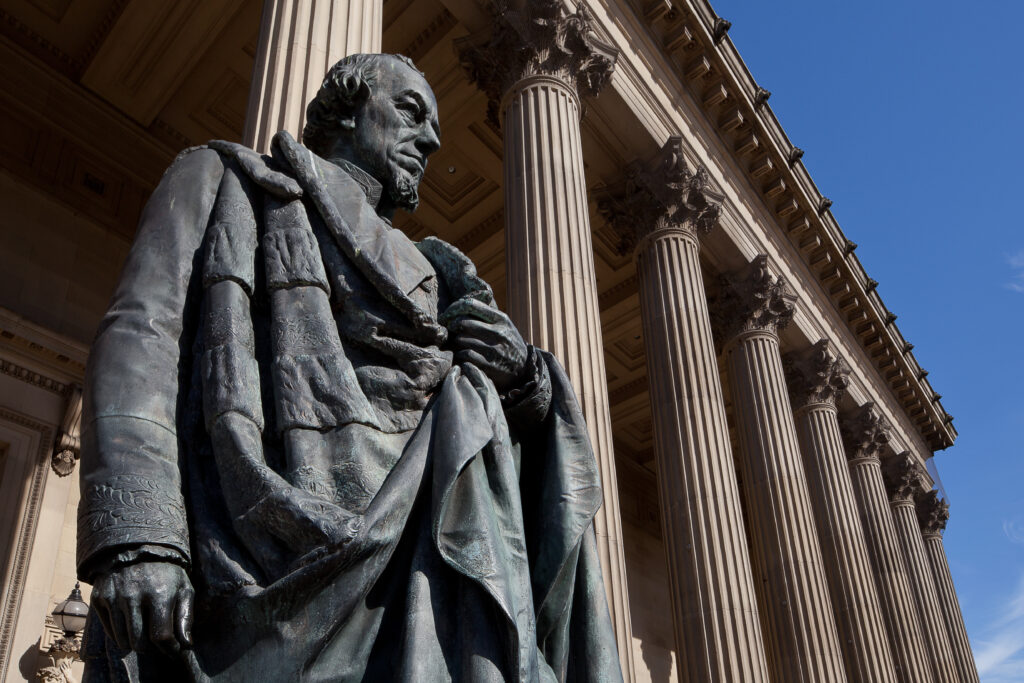The Victorian era, spanning from 1837 to 1901, was marked by groundbreaking social, cultural, and technological changes. During this time, many individuals rose to prominence, leaving a lasting impact on history. This blog post explores seven influential figures from that period whose contributions continue to resonate today.
These figures, ranging from writers and inventors to political leaders, played pivotal roles in shaping the world as we know it. Through their achievements and unique perspectives, they not only influenced the Victorian society but also set the stage for future generations.
From the pen of Charles Dickens to the innovations of Isambard Kingdom Brunel, this list includes pioneers whose legacies are etched in history. By understanding their lives and contributions, we gain insight into an era of rapid transformation and enduring influence.
Key Political and Social Personalities
The Victorian Era saw significant political and social changes, influenced by notable personalities who shaped the direction of society and governance.
Queen Victoria
Queen Victoria’s reign lasted from 1837 to 1901, making her the second-longest reigning monarch in British history. She oversaw vast expansions of the British Empire, witnessing the United Kingdom’s transformation into a global power.
Her marriage to Prince Albert brought a strong partnership that influenced her policies. They championed a range of social reforms, including improvements in education and public health.
Victoria became a symbol of national identity and pride. Her personal values, such as strict morals and dedication to duty, mirrored the era’s prevailing sentiments.
Benjamin Disraeli

Benjamin Disraeli served as Prime Minister twice, first in 1868 and again from 1874 to 1880. He played a crucial role in the formation of the modern Conservative Party. Disraeli was instrumental in expanding British influence overseas, particularly in the Middle East.
Under his leadership, Britain acquired control of the Suez Canal, a vital maritime route. Disraeli also enacted significant social reforms, including improvements to public health and worker conditions.
His rivalry with William Gladstone was a defining feature of Victorian politics. Known for his wit and literary talents, Disraeli remains a significant figure in British political history.
William Gladstone
William Gladstone, who served as Prime Minister four times, was a dominant political figure of the Victorian era. His first term began in 1868, and his influence extended into the 1890s. Gladstone was a leader of the Liberal Party and a staunch advocate for progressive social policies.
He introduced reforms aimed at improving education and expanding the electorate. Gladstone also worked towards modernising the economy and reducing public corruption.
One of his key achievements was the passing of the Third Reform Act, which significantly increased the number of people eligible to vote. His complex relationship with Disraeli added a dynamic element to the political scene.
Pioneers of Science and Industry
During the Victorian era, numerous individuals made groundbreaking contributions to science and industry. Their work not only advanced their respective fields but also had a lasting impact on the modern world.
Charles Darwin
Charles Darwin is best known for his theory of evolution by natural selection. His seminal work, “On the Origin of Species”, published in 1859, challenged contemporary views on biology and laid the foundation for modern evolutionary science. Darwin’s extensive research during his voyage on the HMS Beagle provided him with crucial observational data, which he later used to develop his theories. His ideas faced initial resistance but reshaped biological sciences.
Isambard Kingdom Brunel
Isambard Kingdom Brunel was a visionary engineer and industrial designer whose work revolutionised transportation and engineering. Notable projects include the Great Western Railway, the Clifton Suspension Bridge, and the SS Great Britain, the first propeller-driven transatlantic steamship. Brunel’s innovative engineering techniques set new standards in design and construction, significantly enhancing infrastructure and industrial capabilities in Victorian Britain.
Michael Faraday
Michael Faraday made significant contributions to the fields of electromagnetism and electrochemistry. His discovery of electromagnetic induction in 1831 laid the groundwork for the development of electric generators and transformers. Faraday also popularised scientific knowledge through public lectures, enhancing public engagement with science. His discoveries remain fundamental to modern electrical engineering and technology.
